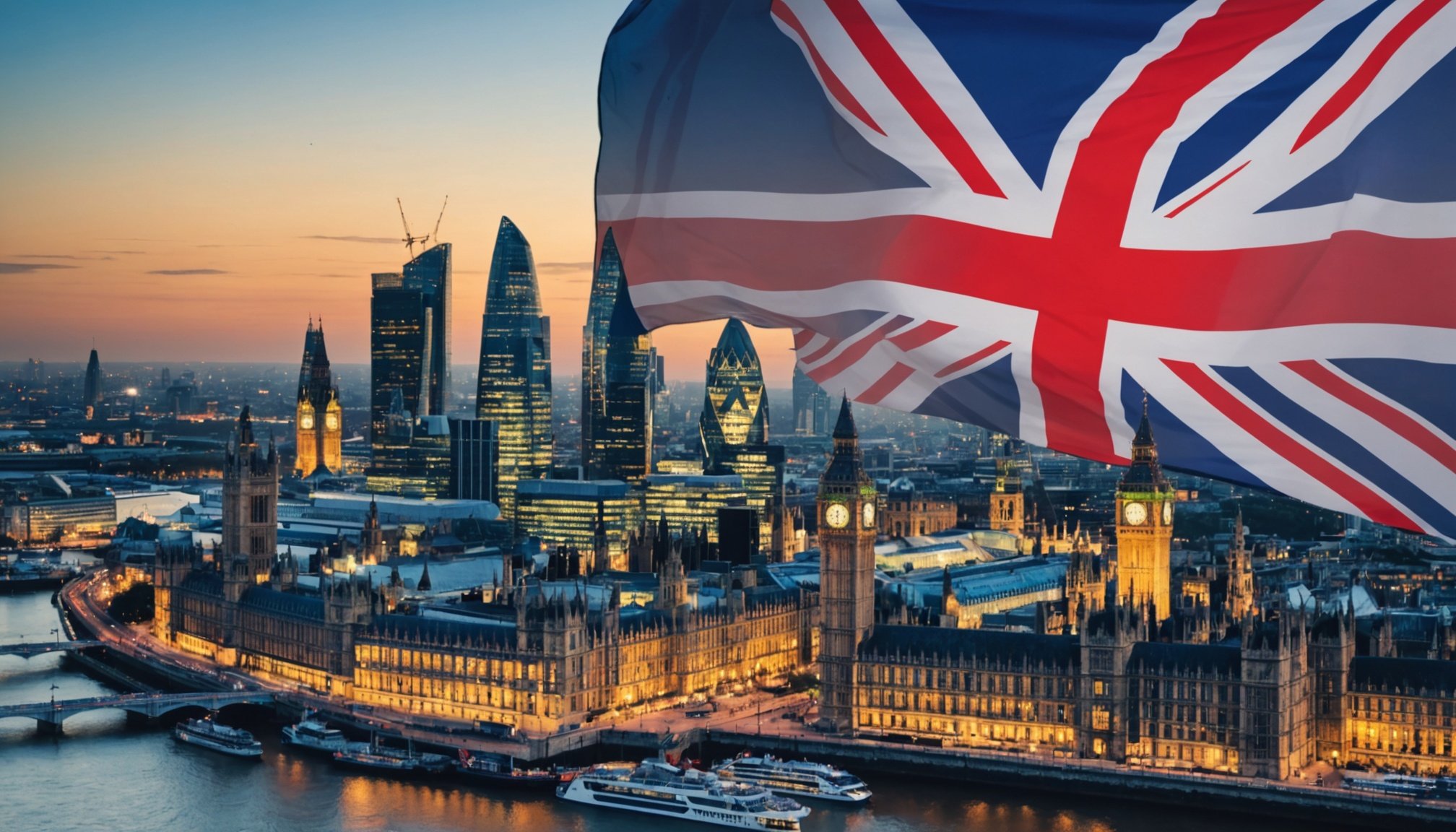Overview of the Bribery Act 2010
The Bribery Act 2010 is a significant piece of UK legislation aimed at modernising and strengthening Britain’s laws on bribery. It was motivated by the need to address corruption more effectively, ensuring the UK complies with international standards. The Act positions the UK as a leader against corrupt practices in business and government sectors alike.
Key provisions within the Bribery Act include the prohibition of bribery of foreign public officials and a corporate offence of failing to prevent bribery, with strict penalties for non-compliance. The Act is noted for its broad scope, applying to both UK companies and businesses operating on foreign soil. This comprehensive approach is integral in curbing bribery in international dealings.
In parallel : Navigating the Legal Terrain for UK Businesses Conducting Clinical Trials
For UK businesses involved in global trade, the importance of adhering to this legislation cannot be overstated. Compliance with the Bribery Act 2010 ensures that businesses operate ethically, which is crucial for maintaining reputations and securing international contracts. Adopting comprehensive anti-bribery measures helps businesses avoid legal penalties and enhance trust with partners, clients, and regulators worldwide, giving them a competitive edge.
Compliance Strategies for UK Businesses
Incorporating effective compliance strategies is essential for UK businesses to prevent bribery and meet their legal obligations under the Bribery Act 2010. Central to these strategies is the development and implementation of comprehensive anti-bribery policies. These policies should outline clear guidelines and procedures for all employees, creating an environment of transparency and accountability.
Also read : Securing a Financial Services License in the UK: Key Steps for Business Success in the Legal Jungle
Employee training and awareness are also crucial components in safeguarding against bribery. Regular training sessions should be conducted to ensure that all staff understand the nuances of the Bribery Act 2010 and the importance of maintaining ethical conduct within the business. This education not only demystifies compliance requirements but also empowers employees to act responsibly.
Establishing a compliance culture within an organization is another strategy to ensure long-term adherence to anti-bribery measures. Leadership should exemplify commitment to these policies, fostering a workplace where ethical practices are the norm. Open communication and support from management encourage a culture of integrity, reducing the likelihood of unlawful activities.
Ultimately, these compliance strategies not only protect businesses from legal repercussions but also enhance their reputation, making them more attractive to international partners and clients. This proactivity gives UK businesses a competitive edge on the global stage.
Practical Tools for Risk Assessment
In the realm of compliance monitoring, implementing effective risk assessment tools is paramount for UK businesses to navigate the complex landscape of international trade. A robust framework for assessing bribery risks is essential. This framework should incorporate comprehensive due diligence processes, ensuring that every potential business partner or transaction is evaluated thoroughly for any signs of unethical conduct.
Examples of prominent tools and technologies include sophisticated data analytics platforms that can track patterns indicative of bribery risks. These platforms aid in identifying high-risk activities and partners through automated processes. Furthermore, the use of blockchain technology ensures transparency and traceability in financial transactions, significantly reducing the likelihood of bribery.
Continuous monitoring is a critical component, as it helps keep abreast of any changes in bribery risks. Regular internal audits coupled with real-time compliance checks are necessary to maintain the integrity of the organisation’s anti-bribery measures. Additionally, ongoing review processes ensure the alignment of these tools with evolving compliance requirements.
Maintaining a proactive stance through these assessment tools not only shields businesses from potential legal ramifications but also enhances their reputation in global markets, thus fostering trust and fostering long-lasting partnerships.
Case Studies of Bribery Compliance
Exploring case studies of bribery compliance reveals valuable insights into effective practices and pitfalls to avoid. These real-world examples highlight the diverse approaches businesses take in adhering to the Bribery Act 2010.
Successful Compliance Initiatives
Successful compliance initiatives showcase businesses that have navigated the complexities of anti-bribery legislation effectively. For instance, companies with robust corporate governance frameworks have excelled by integrating stringent anti-bribery policies into their operations. One notable example is a global manufacturing firm that implemented a comprehensive training programme, helping to instil a culture of compliance across all levels. By prioritising employee training, they significantly reduced bribery risks and gained a positive reputation in the international market. This proactive stance bolstered their competitive edge and strengthened relations with global partners.
Failures and Consequences
Conversely, analysing failures illustrates the severe consequences of non-compliance. Businesses neglecting due diligence frequently face penalties, leading to damaged reputations and financial setbacks. A technology company, for instance, suffered significant operational disruptions after failing to implement adequate anti-bribery measures. This failure underscored the necessity for continuous monitoring and adapting strategies to evolving compliance demands. These case study lessons emphasise the critical nature of committed compliance efforts.
Challenges in International Contexts
Navigating the complexities of international business involves overcoming unique challenges related to bribery prevention. One major hurdle is understanding how cultural differences influence bribery risk. In some cultures, practices that resemble bribery may be seen as customary, complicating adherence to the Bribery Act 2010. UK businesses must educate their workforce to discern these nuances to ensure compliance without offending local customs.
Diverse regulatory environments pose another significant challenge. Each country enforces its own regulations, creating a spiderweb of legalities that multinational businesses must navigate. Companies should employ legal experts familiar with both local laws and UK legislation to safeguard their operations globally.
Strategies for maintaining compliance across multiple jurisdictions include developing adaptable compliance programs that consider local legislation and cultural contexts. Training programs tailored to regional offices can empower local employees with the knowledge to uphold ethical standards.
Maintaining an open line of communication across international branches fosters an environment where compliance is prioritized. It’s essential to keep every part of the organization aligned with the global anti-bribery policies. This proactive approach not only enhances compliance but also reinforces corporate governance on a global scale.
Best Practices for Preventing Bribery
Implementing robust prevention strategies is crucial for businesses keen to uphold integrity and comply with the Bribery Act 2010. An essential step is establishing comprehensive ethical guidelines and standards. These standards should provide a clear framework dictating acceptable practices and the consequences of unethical behaviour. They serve as a cornerstone for fostering a culture of integrity within the organisation.
Encouraging whistleblowing is another critical practice. Creating a safe environment for whistleblowers allows employees to report suspicious activities without fear of retribution. Proactive businesses provide anonymous reporting channels and assure protection for whistleblowers, reinforcing trust in the organisational structure. This transparency aids in early detection of potential bribery activities, thus preventing larger infractions.
Additionally, businesses should regularly revisit and refine compliance measures. This includes periodically reviewing and updating policies to align with evolving legal requirements and international standards. Regular audits and assessments ensure that compliance practices remain effective and relevant.
These best practices enable businesses to not only comply with legal standards but also enhance their reputation as ethical entities. Adopting them demonstrates a commitment to fair trade and positions companies positively in the eyes of global partners and regulatory bodies.
Resources for UK Businesses
Accessing the right resources is crucial for UK businesses striving for compliance with anti-bribery legislation. Various support organizations provide vital assistance, offering guidance in aligning with the Bribery Act 2010. These organizations help businesses understand complex legal requirements and adopt best practices suited for their operations.
Government agencies, such as the Serious Fraud Office and Transparency International UK, publish official guidelines that are instrumental for organizations aiming to maintain ethical standards. These guidelines help companies establish comprehensive compliance programs by outlining specific anti-bribery measures, from risk assessments to reporting mechanisms.
Professional bodies like the Institute of Business Ethics also play a pivotal role. They offer training resources, workshops, and seminars specifically aimed at enhancing corporate governance and highlighting ethical conduct. Integrating these resources into business operations aids in creating a culture of integrity and transparency.
To bolster these efforts, businesses can engage with legal experts and compliance consultants. These professionals offer tailored advice, ensuring strategies are not only compliant but also competitively advantageous. Utilizing a range of available resources enables UK businesses to effectively mitigate bribery risks and maintain a reputable standing globally.











